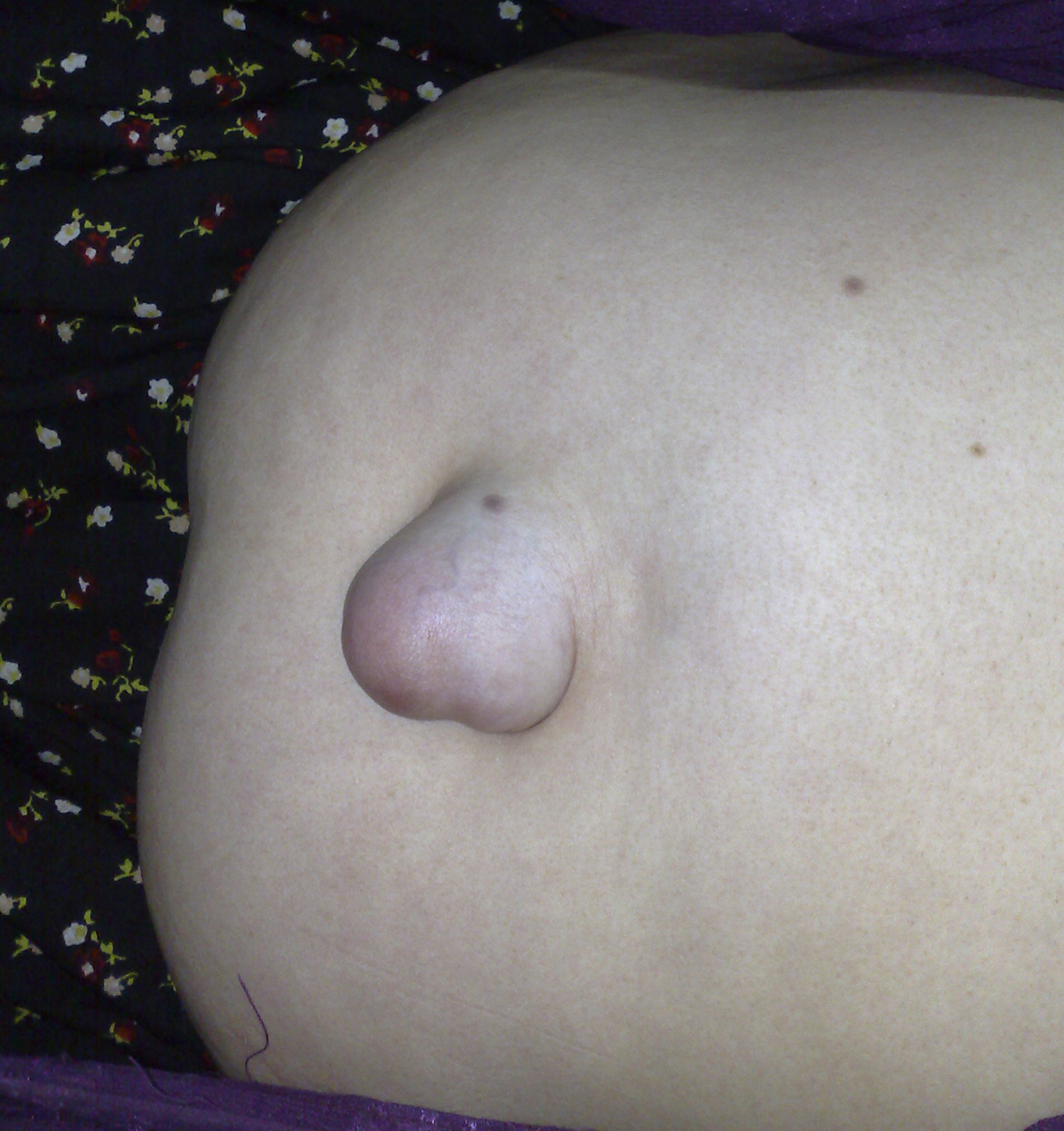
Umbilical hernia
Umbilical hernia is the condition characterized by the protrusion of the intestinethrough an opening in the muscles of the abdomen. This disorder is mostly seenin infants, although it can affect any person at any age. We all should knowthat this condition is not a serious one and it does not harm the generalhealth of the baby or the adult who has it.
When the umbilical hernia occurs in the infants, it is particularly seen whenthe baby cries, which causes the infant’s bellybutton to stick out. This bellybutton’sprotrusion is a typical warning sign of the umbilical hernia.
In the majority of cases, the umbilical hernia withdraws by the time the baby turns 12 months. However,some cases of umbilical hernia need more time to heal. In order to avoid certaincomplications that can arise from this condition, the umbilical hernias that donot withdraw alone until the age of 4 or those that occur in the adulthoodshould be surgically repaired.
Symptoms of umbilical hernia
The navel is medically called umbilicus and therefore, this hernia is calledumbilical hernia. The first symptom of this type of hernia is swelling or bulgein the area near the person’s navel. This bulge may be about 1 to 5 cm in diameter. When the baby has umbilical hernia, the swelling can be only seen when the childis crying or coughing.
While the umbilical hernia in adults causes slight discomfort in theabdomen, in children this condition is painless. When the parents notice a bulge near the navel, they should take the baby tothe pediatrician, especially if the baby vomits and shows the signs of pain, or if the bulge is tender and discolored. The adultsshould consult their doctor when they notice the bulge as well.
Causes ofthe umbilical hernia
In pregnancy, the umbilical cord goesthrough an opening in the abdominal muscles of the baby and this opening tendsto get closed just before the birth. In case when this opening is notcompletely closed, it can lead to the occurrence of the umbilical hernia ininfants but also in the adults later in life.
Furthermore, the umbilical hernia inadults may also be caused by too much pressure on the abdomen due to obesity, heavy lifting and multiple pregnancies. Other conditions thatcontribute to the incidence of the umbilical hernia in adults are ascites orfluid in the abdomen and a long history of coughing.


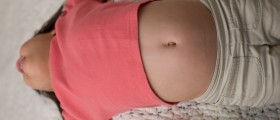
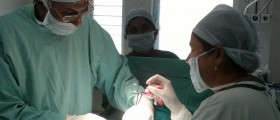

-And-Children-16-Warning-Signs-And-Symptoms_f_280x120.jpg)




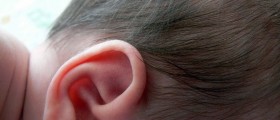
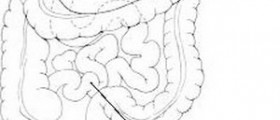


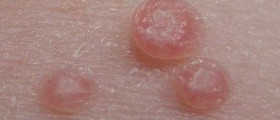
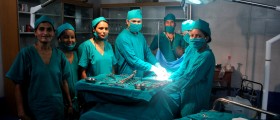
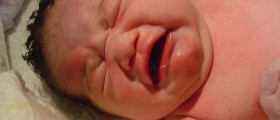
Your thoughts on this
Loading...